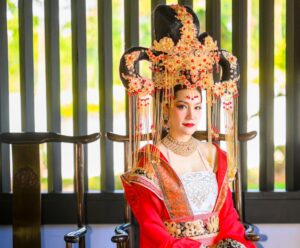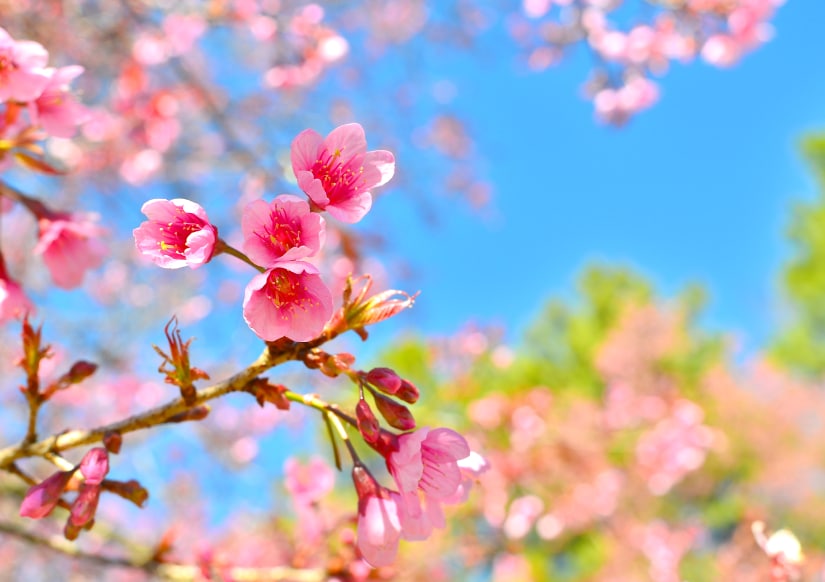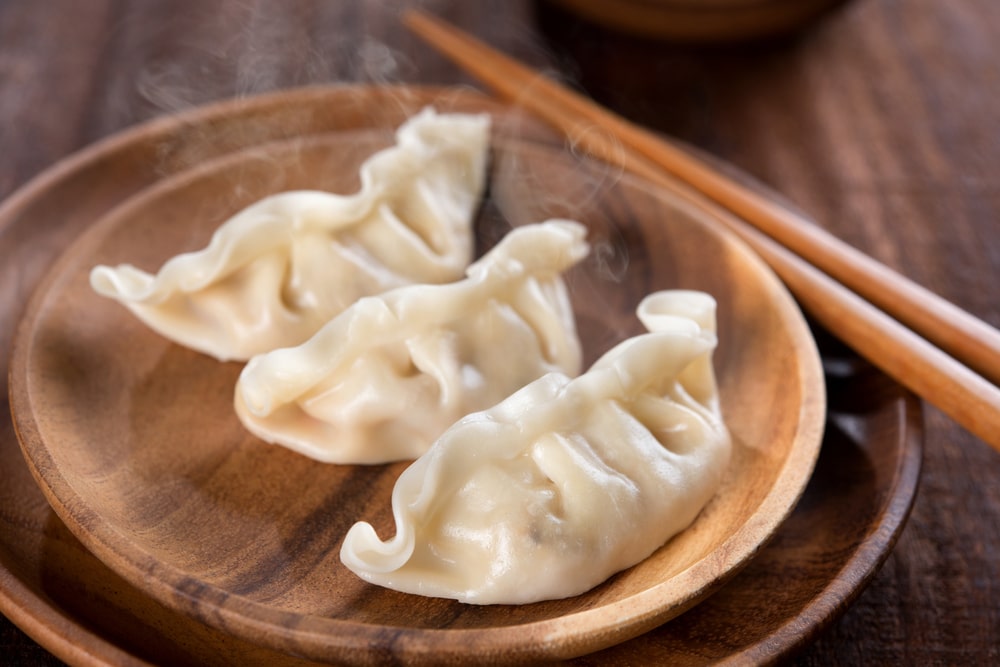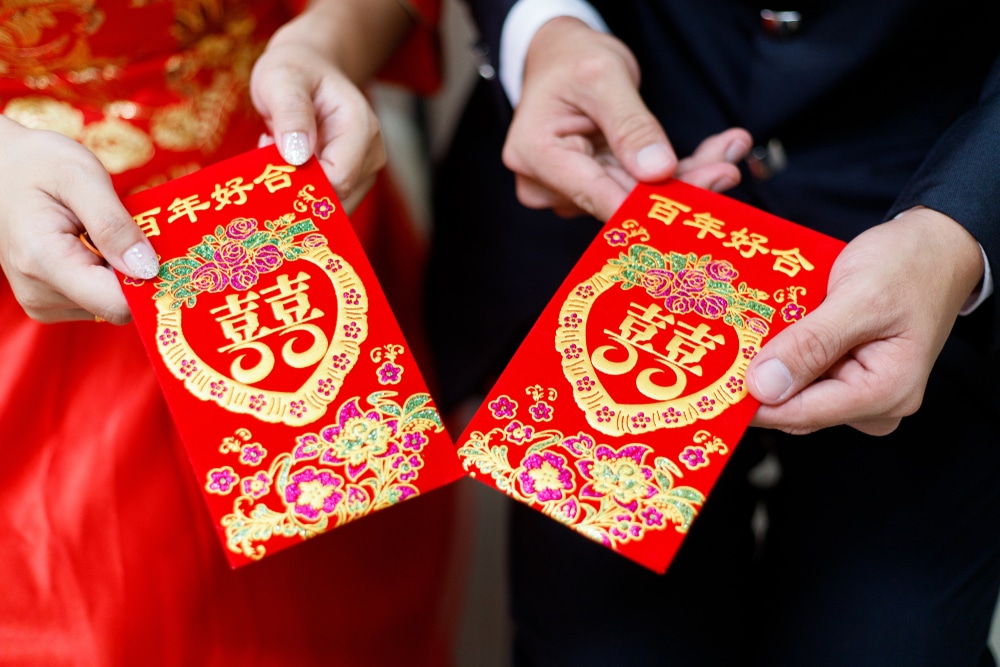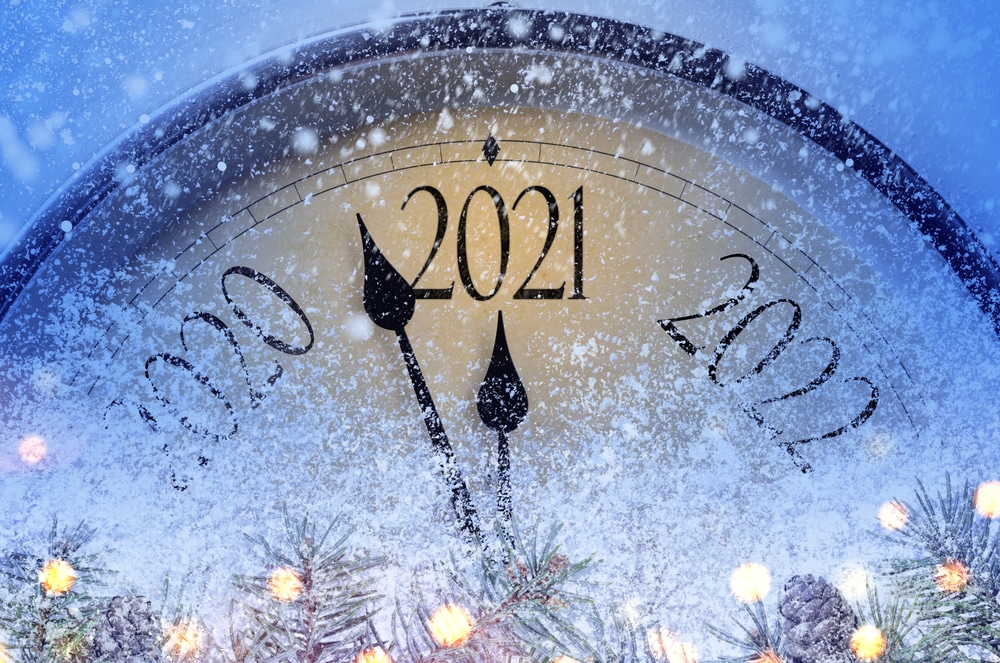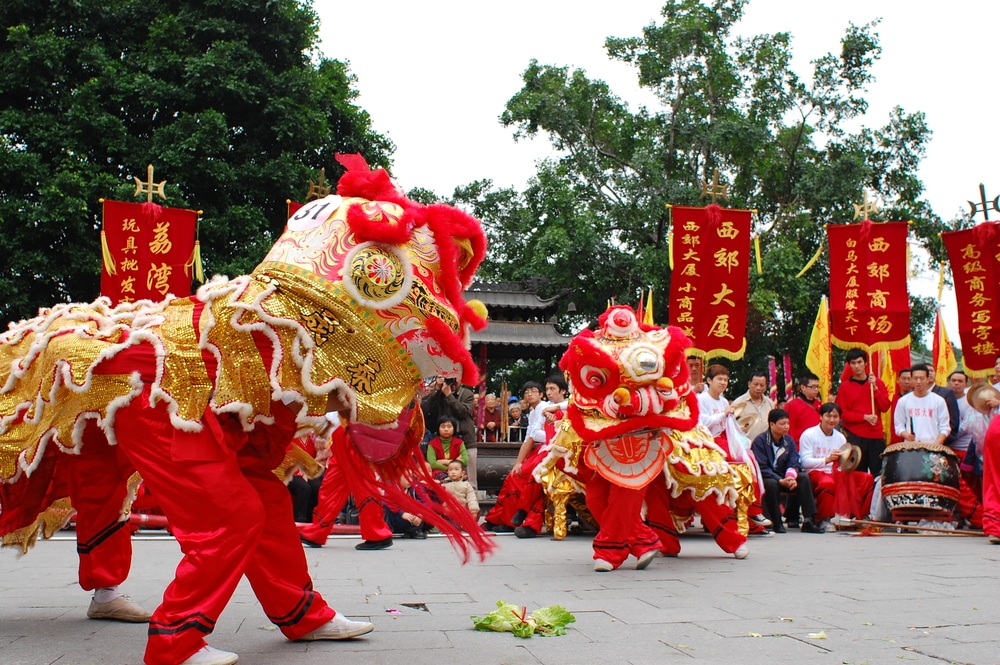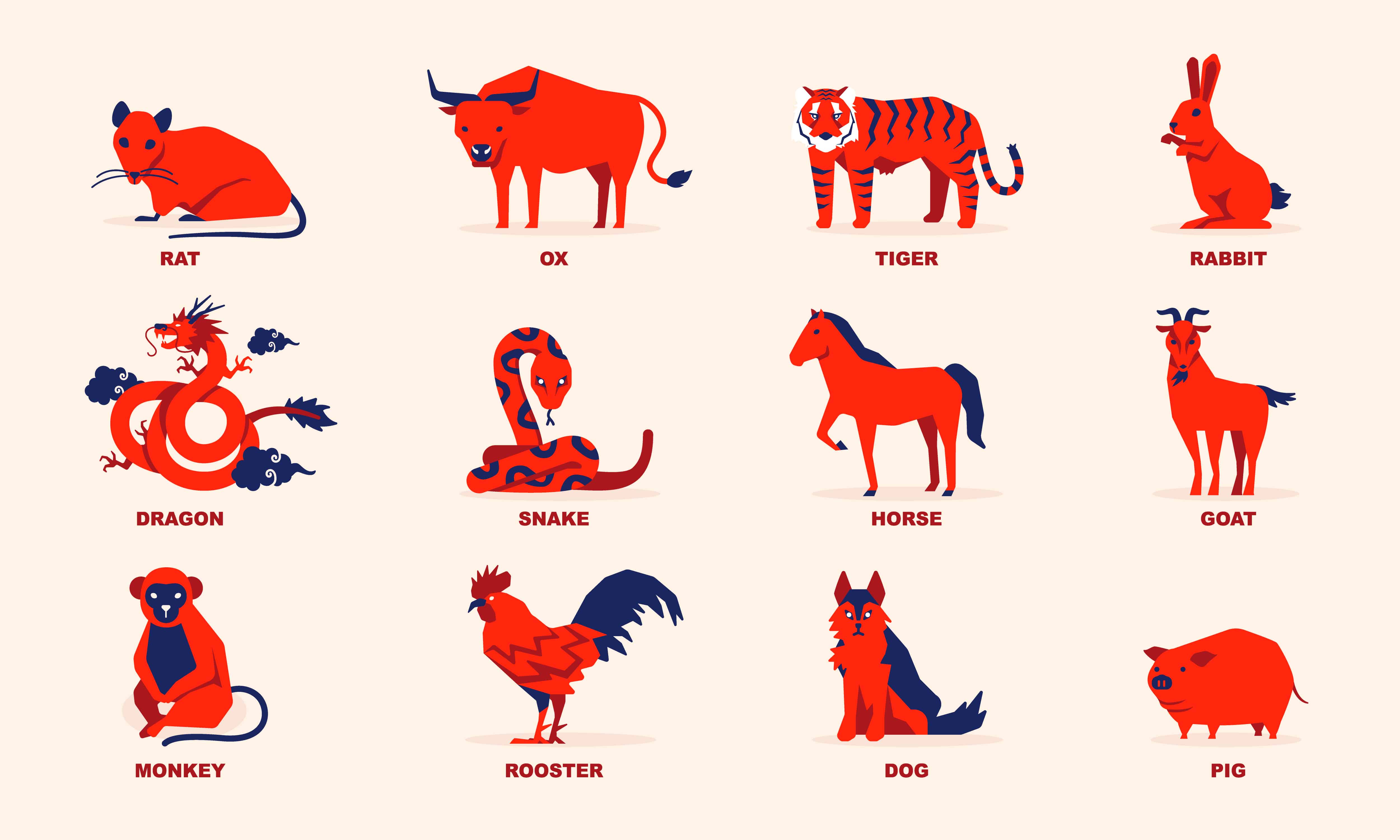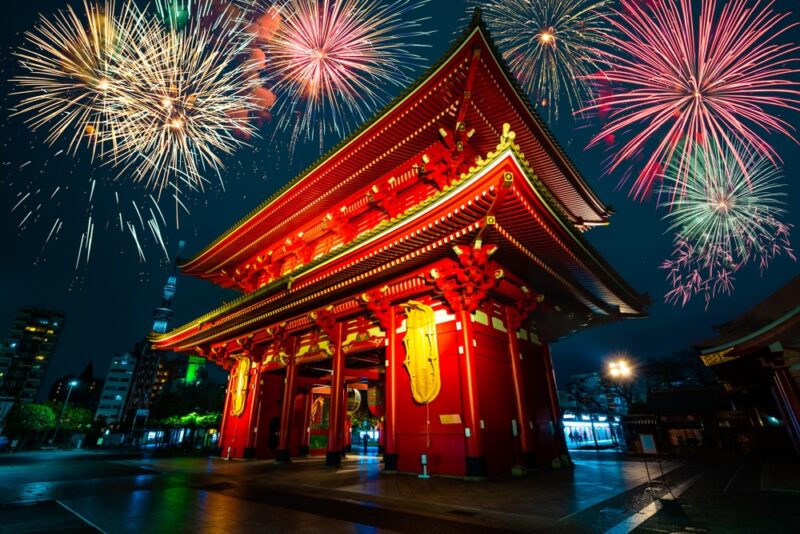
Top 12 Chinese New Year Vocabulary Words and Traditions (Updated for 2024)
Wearing red, eating dumplings, giving and receiving red envelopes—Chinese New Year traditions are vastly different from those in the West.
Why wear red? Well, it brings good luck and wards off evil.
Eating dumplings is a tradition because they resemble ancient Chinese currency. It’s lucky since the dumplings represent wealth and a prosperous future.
And giving money in red envelopes brings good luck.
In this post, you’ll learn the 12 must-know Chinese New Year vocabulary words to enjoy (and understand) this different but fascinating Chinese holiday.
Contents
- 1. 农历新年 (nóng lì xīn nián) — Lunar New Year
- 2. 春节 (chūn jié) — Spring Festival
- 3. 新年快乐 (xīn nián kuài lè) — Happy New Year
- 4. 恭喜发财 (gōng xǐ fā cái) — Wish You Wealth (“Kung Hei Fat Choi”)
- 5. 回老家 (huí lǎo jiā) — Return to Hometown
- 6. 饺子 (jiǎo zi) — Dumplings
- 7. 红包 (hóng bāo) — Red Envelope
- 8. 放鞭炮 (fàng biān pào) — To Set Off Firecrackers
- 9. 守夜 (shǒu yè) — Staying up Until Midnight (or All Night)
- 10. 舞狮 (wǔ shī) — Lion Dance
- 11. 拜年 (bài nián) — To Say “Happy New Year”/To Make a New Year Call
- 12. 生肖 (shēng xiào) — Chinese Zodiac
- And One More Thing...
Download: This blog post is available as a convenient and portable PDF that you can take anywhere. Click here to get a copy. (Download)
1. 农历新年 (nóng lì xīn nián) — Lunar New Year
Starting with the most essential, 农历新年 is one of the most common names for this important Chinese holiday.
今年农历新年在一月。
(jīn nián nóng lì xīn nián zài yī yuè.)
This year, Lunar New Year is in January.
2. 春节 (chūn jié) — Spring Festival
Another name for Chinese New Year is 春节, which literally means “Spring Festival.”
春节是中国的重要节日。
(chūn jié shì zhōng guó de zhòng yào jié rì.)
Spring Festival is an important holiday in China.
3. 新年快乐 (xīn nián kuài lè) — Happy New Year

A necessary phrase to learn for the occasion, you’ll hear this Chinese New Year greeting all the time.
祝你新年快乐!
(zhù nǐ xīn nián kuài lè!)
Wish you a Happy New Year!
4. 恭喜发财 (gōng xǐ fā cái) — Wish You Wealth (“Kung Hei Fat Choi”)
You’ve got to know this phrase no matter what end you’re on. If you’re on the receiving end (getting the red envelope), learn it or you won’t get one. If you’re on the giving end, know it since it’d be embarrassing to not give it.
最常用的贺年语就是恭喜发财。
(zuì cháng yòng de hè nián yǔ jiù shì gōng xǐ fā cái.)
The most commonly used New Year’s phrase is kung hei fat choi.
5. 回老家 (huí lǎo jiā) — Return to Hometown
The Chinese usually return to their hometown where the elders (usually grandparents) live and celebrate with their family.
今年是我长大后第一次回老家。
(jīn nián shì wǒ zhǎng dà hòu dì yī cì huí lǎo jiā.)
This is the first year going back to my hometown since I’ve grown up.
6. 饺子 (jiǎo zi) — Dumplings
It’s a tradition to eat dumplings during Chinese New Year’s. Families will often make them from scratch.
我没有吃过饺子,很想尝尝它的味道。
(wǒ méi yǒu chī guò jiǎo zi, hěn xiǎng cháng cháng tā de wèi dào.)
I have not eaten dumplings before, I really want to try their taste.
7. 红包 (hóng bāo) — Red Envelope
Red envelopes will be given during Chinese New Year’s, weddings and birthdays. Usually parents, grandparents and other elders will give red envelopes to children and those that aren’t married.
快过年了,我给您发个红包。
(kuài guò nián le, wǒ gěi nín fā ge hóng bāo.)
It’s almost New Year’s, I’ll give you a red envelope.
8. 放鞭炮 (fàng biān pào) — To Set Off Firecrackers
The Chinese set off firecrackers because they’re supposed to scare away evil spirits. It’s a great and fun way to start off the new year.
说起过年,人们自然就会想起放鞭炮。
(shuō qǐ guò nián, rén men zì rán jiù huì xiǎng qǐ fàng biān pào.)
When speaking of New Year’s, people will automatically think of setting off firecrackers.
9. 守夜 (shǒu yè) — Staying up Until Midnight (or All Night)
Similar to families that will stay up until midnight for Christmas (to open presents) or New Year’s as they celebrate out in Times Square, the Chinese will stay up through the night as well.
很多中国人有新年守夜的习惯。
(hěn duō zhōng guó rén yǒu xīn nián shǒu yè de xí guàn.)
Many Chinese people have the habit of holding a New Year‘s vigil.
10. 舞狮 (wǔ shī) — Lion Dance
You’ve seen those lions dancing around and blinking their eyes at major parades. These lion dances are a major part of celebrating the New Year.
舞狮自然是春节里最受人喜爱的表演活动。
(wǔ shī zì rán shì chūn jié lǐ zuì shòu rén xǐ’ ài de biǎo yǎn huó dòng.)
Lion dancing is naturally the New Year’s most adored performance and activity.
11. 拜年 (bài nián) — To Say “Happy New Year”/To Make a New Year Call
Often children will say Happy New Year and wish their elders wealth, prosperity and good health in return for a 红包.
我们天亮就要出门去拜年了。
(wǒ men tiān liàng jiù yào chū mén qù bài nián le.)
At dawn, we should leave to wish others a Happy New Year.
12. 生肖 (shēng xiào) — Chinese Zodiac
The Chinese zodiac has 12 different animals that change every year. 2023 is the year of the rabbit.
十二生肖是中国传统文化的重要部分。
(shí èr shēng xiào, shì zhōng guó chuán tǒng wén huà de zhòng yào bù fèn.)
The twelve zodiac signs are a part of China’s culture and tradition.
Learning these 12 Chinese New Year vocabulary phrases will deepen your understanding of Chinese culture and bring you closer to fluency.
You’ll hear them 24/7 during the New Year, whether you’re staying in China or chatting with your Chinese language partner. They come up in conversations, news stories and of course, the Chinese New Year songs.
And if you aren’t in China this January, experience Lunar New Year from home. You can watch multiple videos on programs like FluentU, for example—search for any of these 12 phrases, and you’ll get a curated list of native Chinese videos that use them in context.
FluentU takes authentic videos—like music videos, movie trailers, news and inspiring talks—and turns them into personalized language learning lessons.
You can try FluentU for free for 2 weeks. Check out the website or download the iOS app or Android app.
P.S. Click here to take advantage of our current sale! (Expires at the end of this month.)
祝你新年快乐!
Download: This blog post is available as a convenient and portable PDF that you can take anywhere. Click here to get a copy. (Download)
And One More Thing...
If you want to continue learning Chinese with interactive and authentic Chinese content, then you'll love FluentU.
FluentU naturally eases you into learning Chinese language. Native Chinese content comes within reach, and you'll learn Chinese as it's spoken in real life.
FluentU has a wide range of contemporary videos—like dramas, TV shows, commercials and music videos.
FluentU brings these native Chinese videos within reach via interactive captions. You can tap on any word to instantly look it up. All words have carefully written definitions and examples that will help you understand how a word is used. Tap to add words you'd like to review to a vocab list.
FluentU's Learn Mode turns every video into a language learning lesson. You can always swipe left or right to see more examples for the word you're learning.
The best part is that FluentU always keeps track of your vocabulary. It customizes quizzes to focus on areas that need attention and reminds you when it’s time to review what you’ve learned. You have a 100% personalized experience.
Start using the FluentU website on your computer or tablet or, better yet, download the FluentU app from the iTunes or Google Play store. Click here to take advantage of our current sale! (Expires at the end of this month.)
